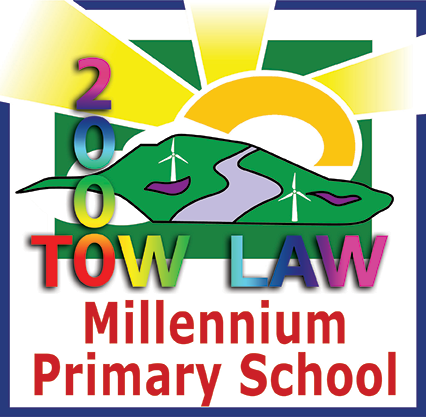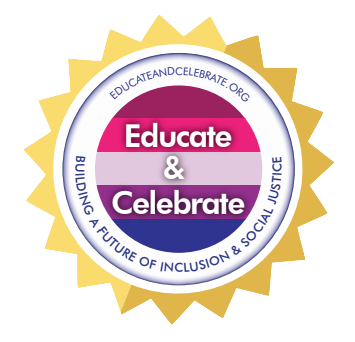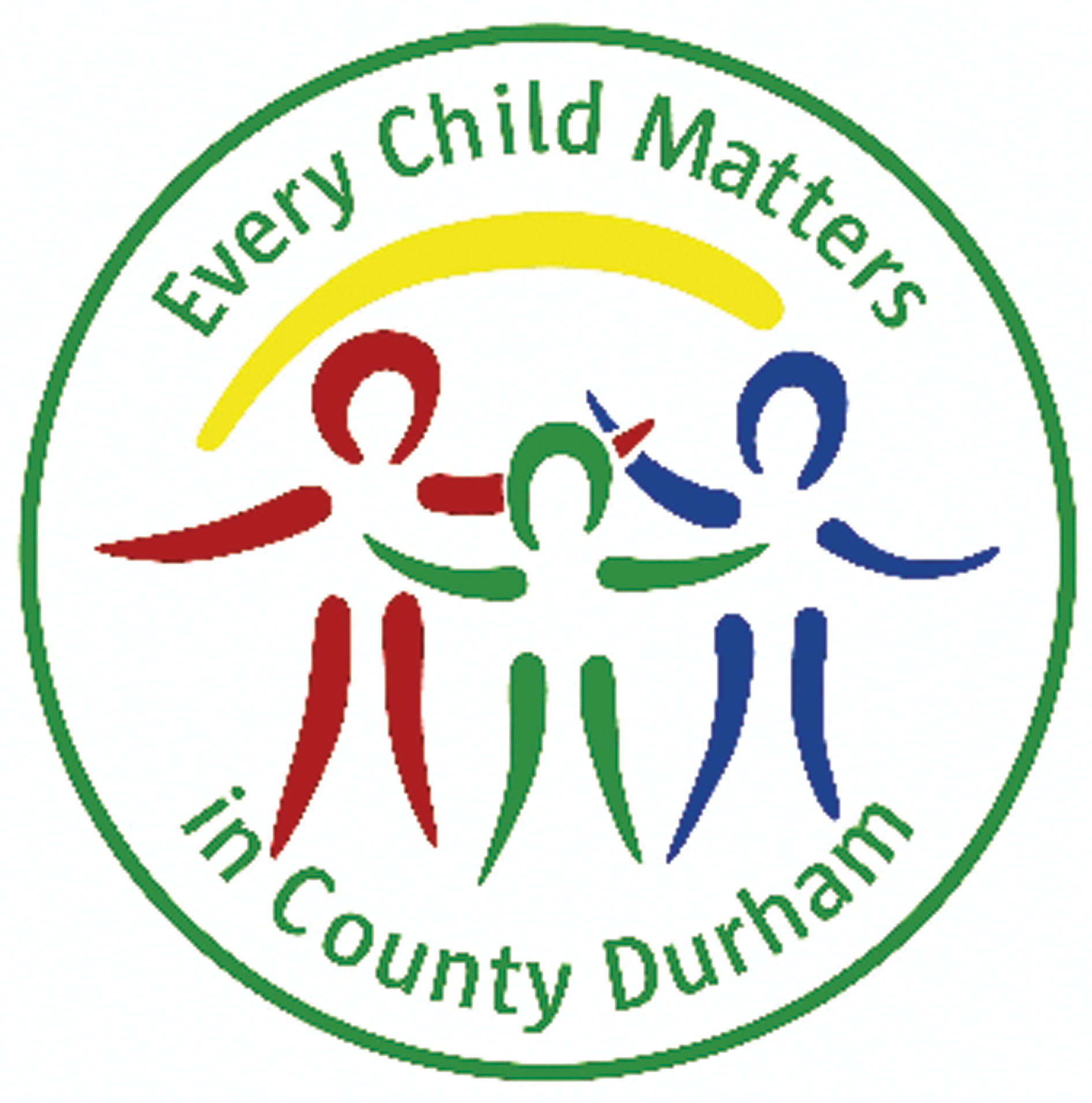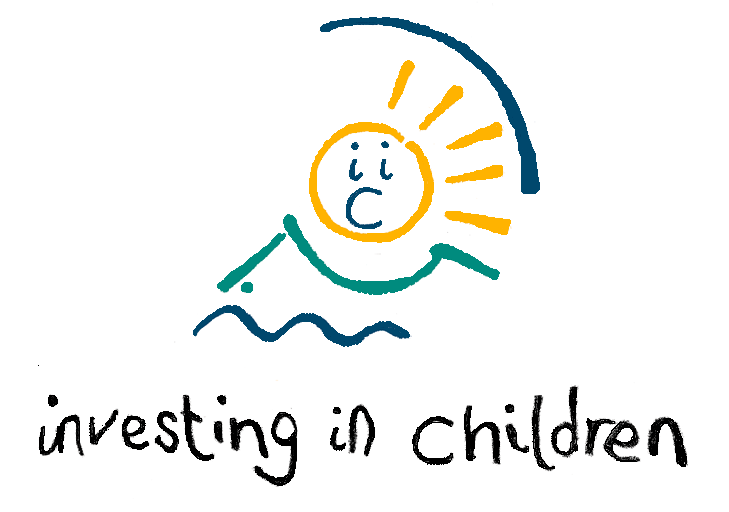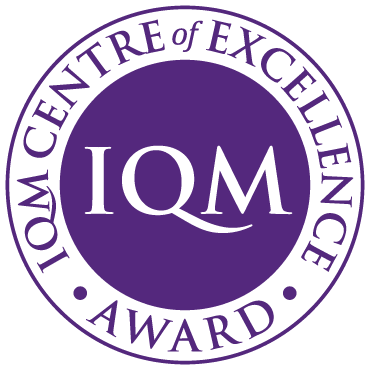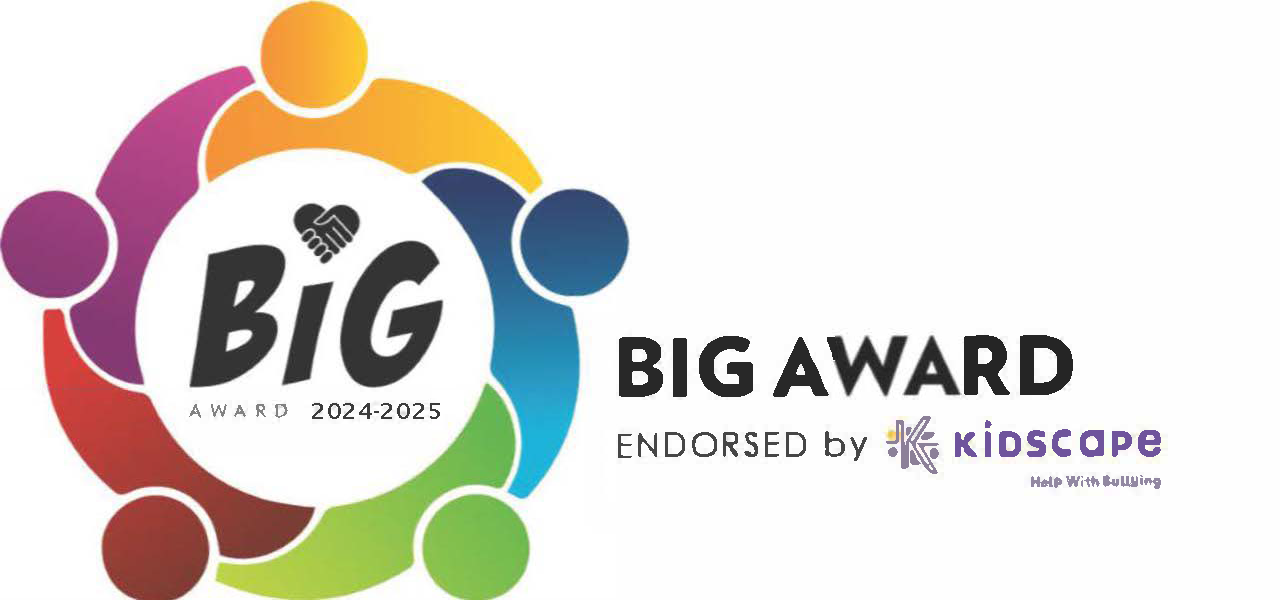Most children and young people in mainstream schools will have their special educational needs met through good classroom practice. This is called Quality First Teaching.
Early Identification of Need
In deciding whether to make special education provision to support educational, social, physical or emotional needs, we:
- Work in partnership with parents/carers, pupils
- Consult with relevant external agencies
- Use assessment tools & materials
- Use observations
- Use Short Notes
SEN Support
Where a pupil is identified as having a special educational need we follow a graduated approach which takes the form of cycles of “Assess, Plan, Do, Review”.
This means that we will:
- Assess a child’s special educational needs
- Plan the provision to meet your child’s aspirations and agreed outcomes
- Do put the provision in place to meet those outcomes
- Review the support and progress
As part of this approach, every child with SEN will have an individualised SEN Support Plan that describes the child’s needs, outcomes & provision to meet those needs. The views of parents/carers and child/YP (where appropriate) are integral to this process.
The resources we use to support children with SEN depend upon their needs and they are allocated on an individual basis. Once your child has been identified as SEN, their needs will be assessed and outcomes will be identified. It is the responsibility of the SENCO to ensure that the resources that are required are made available and that staff are aware of their individual needs. We are very flexible in our approach and we constantly monitor and evaluate the effectiveness of our interventions and the provision that we provide.
- As part of our staff professional development, all members of staff receive training to support children with SEND:
- School-based CPD – systems and procedures, staff audit, staff planning and agreed action points.
- ‘SEN Outcomes –good quality SMART outcomes, SEN Support Plans and Primary Areas of Need’.
- Supporting children with ASD and ADHD.
- Staff Training: will vary each year depending upon the needs of the children.
A small percentage of children and young people with significant and/or complex needs may require an assessment that could lead to an Education, Health and Care Plan.
For more detailed information see the Local Offer
Details of Identification and Assessment of Pupils with SEN
Most children and young people in mainstream schools will have their special educational needs met through good classroom practice. This is called Quality First Teaching. As a school, we measure children’s progress in learning against National expectations and age related expectations. The class teacher continually assesses each child and notes areas where they are improving and where further support is needed. We formally assess the children each term in their reading, grammar and punctuation, writing and mathematics. As a school, we track children’s progress every term from Reception through to Year 6 to ensure that we can carefully monitor progress and attainment. Children who are not making expected progress are identified and a discussion takes place concerning why individual children are experiencing difficulty and what further support can be given to aid their progression.
Early Identification Of Need
As a school, we assess all children continuously across all areas of learning including the four broad areas of Special Educational Needs. We assess informally everyday through observations and we carry out formal assessments at the end of every term to measure progress and identify the next steps in learning. We work in partnership with parents, carers and pupils by building good relationships, working together and supporting each other. If there is an identification of need, then we will discuss this with parents and if needed provide a pupil with a Short Note. We will share this with parents and may begin to gather evidence to inform whether to make special education provision and consider if we need to consult with relevant external agencies and use assessment tools and materials to ensure early help or identification of SEN happens.
- Early Years, Key Stage 1 and 2 staff and the SENCO, where necessary, liaise with Nursery or the child’s previous school.
- If a child is performing below age expectations, meetings will be held with the class teacher and SENCO. Observations of the child may also take place.
- SEN is discussed regularly at staff meetings so that all staff can contribute to the identification process.
- We have regular parent meetings as well as termly parents’ evenings and take into account any concerns raised by parents. We pride ourselves on having an ‘open door policy’ where at any point parents can talk to staff.
- Concerns raised by a teacher where, for example, behaviour or self-esteem is affecting performance.
- Liaison with external agencies. We work closely with Speech and Language, Occupational Therapy, CAMHS, Piece of Mind Team (previously named Mental Health Support Team), Crisis Response, Educational Psychology, The School Nurse, and Behaviour Support.
- Health diagnosis through local paediatricians at the hospital
SEN Support
As part of this approach every child with SEN will have an individualised Support Plan that describes the child’s needs, outcomes and provision to meet those needs. Parents, carers and children’s views are integral to this process. When the child’s Support Plan is reviewed comments are made against each outcome to show what progress the child has made. If the child has not met the outcome, the reasons for this will be discussed, then the outcome may be adapted into smaller steps or a different approach may be tried to ensure the child does make progress.
How do we assess and review progress?
If your child has SEN, it is important for us to carry out formal assessments to identify their strengths and identify their needs accurately. To do this, we will use a range of methods depending upon their needs. When your child enters our school, their current attainment is assessed to give us a ‘baseline’ from where they will progress. In addition to the assessments that all children take part in and depending upon their needs, other assessments may be needed. These could include:
Communication and interaction
- Let’s talk – Speech and Language technician assessment
- Speech Therapy Assessments – which may focus on sound production, language understanding, or other relevant assessments of your child’s needs
Cognition and learning
- Subject specific assessment
- Education Psychology Assessments – which may include memory, understanding, reasoning, logic, and general skills assessment.
Social, Emotional and Health Difficulties
- Assess through observations of pupil
- Piece of Mind Team support/intervention
Sensory and/or Physical Difficulties
- Movement Programme baseline assessment
Your child will be assessed against age related expectations for children who are working on the National Curriculum (i.e. the same as the majority of other children in their year group), or they may be assessed against other measures for children who are not ready to work on National Curriculum Levels (i.e. the steps before the National Curriculum). Aspirational targets are set for all children to ensure that all children make good progress, including those not ready to access the National Curriculum. The outcomes of all assessments are shared with parents and carers at our Parent Evenings and in your child’s Annual School Report. If other agencies are invited to work with your child, you will be invited to attend a meeting where the outcomes of these assessments and their next steps will be shared with you. If parents have any concerns, then these can be shared with the class teacher and or SENDCO who will arrange a meeting to discuss and resolve any difficulties.
How is the decision made about what type and how much support my child will receive?
The class teacher, alongside the SENDCO, will discuss your child’s needs and what support would be appropriate. Teachers use assessments and observations of children to identify, review and evaluate their needs and gaps in their learning. We look at what we can provide to meet the child’s needs, and we discuss and measure the effectiveness of the interventions the children have undertaken that term. Different children will require different levels of support in order to bridge the gap to achieve age expectations; which could be on a one to one basis, with a group, run by a teacher or teaching assistant, or through peer support and in or out of class. Throughout the process, we keep an on-going dialogue with yourselves as parents.
At Tow Law Millennium Primary School, we currently have children with a variety of needs in school. The table below shows the percentage of children in our school with special educational needs across each of the four areas of need (please note: a child may have more than one area of need and so be included in more than one percentage in the table).
| Cognition and Learning | Communication and Interaction | Social, Emotional and Mental Health difficulties | Physical and/or Sensory Needs | |
|---|---|---|---|---|
| % of school SEN population with identified need in each category | 80% | 40% | 44% | 48% |
We provide the following interventions to meet the needs of our children:
Support for children with physical needs:
- Quality First Teaching, accessing a broad and balanced curriculum
- Daily Gross Motor Skills interventions
- Fine Motor Skills interventions
- Multi-sensory approach to fine motor skills interventions.
Support for children with speech, language and communication needs:
- Quality First Teaching, accessing a broad and balanced curriculum
- Daily Speech and Language interventions
- Specialist group support from outside agencies e.g. Speech and Language Therapy, Let’s Talk and Mable.
Support for children with social, emotional and mental health difficulties:
- Quality First Teaching, accessing a broad and balanced curriculum
- Buddies on the yard working alongside Sports Leaders
- Social skills, friendship, turn-taking intervention groups
- Zones of Regulation
- Specialist group support from outside agencies e.g. CAMHS, Piece of Mind Team (Previously named Mental Health Support Team).
Support for children with cognition and learning needs:
- Quality First Teaching, accessing a broad and balanced curriculum
- Mathematicss and English specific interventions
- Specialist support from outside agencies e.g. Educational Psychology Service, Cognition and Learning Team
- Specific individual support for children whose learning needs are severe, complex and lifelong and what this means for your child e.g. Dyslexia, Dyspraxia
- Range of teaching and learning styles;
- A broad range of extra-curricular activities, including after-school
- Differentiation
For further information please view or download our Accessibility Plan which can be found in the School Policies section of our website.
